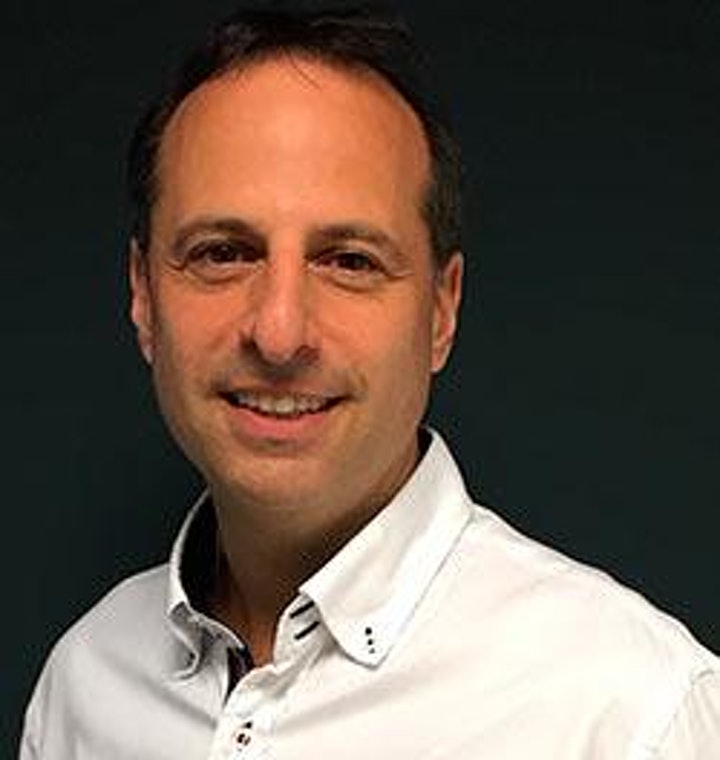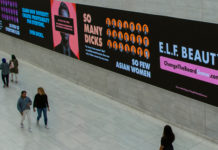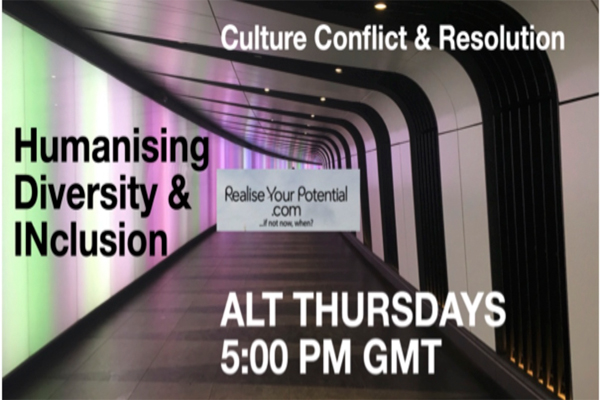Daniel Yehuda Frohwein, leadership coach and Founder of RealiseYourPotential.com, provides some background on why he launched an online series of conversations about Humanising Diversity and Inclusion in organisations. He also shares some inspiring and practical take-aways from the first session.
What started as a lively conversation about culture and the impact that personal, racial and organisational culture can have on conflict resolution, ended up with a single indisputable fact coming to light – weneed to bring more humanity to diversity and inclusion (D&I).
Whilst a sizeable part of the response to #metoo or #blm has been genuine, emotionally charged and justifiably unapologetic, what has also emerged for many organisations has been a systematic, legalistic and typically a procedures-led approach to getting the D&I box ‘ticked’. In the rush to ensure ‘we are doing things right’ or worse ‘covering our backsides’, we have in some cases lost sight of the human factors. D&I is so much more fundamental than a box-ticking exercise.
To be fair, with 2020’s ‘certain uncertainty’ prevalent in most businesses, ‘survival mode’ was the first priority for many. But in between the HR and legal manoeuvres through rounds of re-sizing, lay-offs and lockdowns, we need to return our focus to the most important asset of all – our people. Together with two particularly talented and non ego-driven coaches, I have had the good fortune to create and lead a new series of online conversations entitled ‘Humanising Diversity and Inclusion’.
The first in a series of three ‘Leaders Circles’, this non-hierarchical peer-to-peer L&D format of zoom conversation, has resulted in some inspiring, practical and important take-aways that I’d like to share with you.

KEY TAKE-AWAYS
During session one, we explored several questions around our own experiences of D&I and the impact it had on us. We also looked at what practical steps we could personally take to better embrace D&I going forward. Here are a few talking points and reflections:
- It’s amazing how when many of us feel strongly about something and we are met by those who hold the opposite opinion, we draw a ‘them and us’ line in the sand. It’s so much more powerful to remind ourselves that the beliefs of others are shaped by their lives and circumstances, as are our own! Learn to practice unconditional positive regard for others, hand in hand with curiosity and a ‘what do you see that I don’t see?’ approach.
- Do you want to be ‘right’ or do you want ‘relationship’?
- Start from where you are, work with who you have and work outwards. Positive ‘marketing’ of new initiatives is far more effective in order to embrace and invite participation and giving voice to wants/needs than addressing your D&I opportunities via positive discrimination.
- From ‘gold’ to ‘platinum’ – don’t just treat people as you would like to be treated, treat them as they would want to be treated. This means asking them what they value and not assuming you can guess what they would want and how they want to be treated.
- Clumsily acknowledging difference is better than not at all – tone of voice, genuine intention and being an ‘explorer rather than an expert’ is an effective approach to begin with.
- Education needs to be open and honest and embraced with an attitude of non-judgement – hard to do in practice – we need to talk about our assumptions nearly as part of our ‘pre-flight checklist’ when exploring new strategies or tactics in our evolving D&I agenda.
- Unconscious bias can be shocking and surprising when discovered – bring awareness to the benefit of exploring this and be compassionate with yourselves and with others as uncomfortable truths emerge. We will not change ourselves or our work cultures overnight.
- Trust and Culture underpins all D&I work.
- Educational attainment or the educational system can label people and impact how confident they feel or otherwise to engage with the world. In contrast, a positive workplace culture can transform the lives of those who for whatever reason have felt or believed they are not good enough.
- Neurodiversity is not always included in the D&I agenda. However, this is starting to change.
- Religion/faith has shaped many people and defined many of their experiences – e.g. Judaism/AntiSemitism, and in the context of Northern Ireland (Catholicism, Protestantism) – what inter-faith or belief-based conversations do we make room for as part of our work culture?
- Huge challenges for some in the conflict between personal faith and attitudes and the theology of their faith. For example, holding positive views towards LGBT+, while recognising it conflicts with the theology of the faith denomination to which you belong. What could our D&I team create to explore respectfully sitting with those people and ideas that conflict with our own?
- Recognition that our intolerance of another can be based on any aspects of who they are or how they turn up e.g. struggling to accept someone because of their lack of manners/rudeness or their different work ethic. This can be a challenge even when we know there could be good reasons for how they turn up differently (e.g. neurodiversity).
- Respect and recognition seem obvious, but requires self-awareness and self-discipline about the views of others and the essence of others, when these clash with our own beliefs and judgements. Mindset habits are part of re-learning how we can better connect to each other.
- Sometimes as Leaders we compartmentalise in order to cope with our judgements of the behaviours and opinions of others that sit in clear contradiction to our own. But finding commonality, shared ground is one way to building bridges. Deep down we all want the same things, it is only our beliefs around how we get there that differs. Acceptance of difference is the ultimate starting point – we don’t have to change others. This last point is critically important.
- Invisible diversity can be given a voice, e.g. after a female from a BAME background pulled out of co-hosting ‘Humanising Diversity & Inclusion’, it left three White men holding the forte! Under the surface they have totally different backgrounds, life stories and experiences of D&I, they all have experienced labelling and rejection/fear/push-backs, but it is invisible on the surface – unless given voice.
- Active listening and making awareness of others our natural pattern is an important marker of progress or of practical goals to work towards.
A special thanks to my co-hosts Paul J Barbour and Sven Lauch, without whom the event would not have happened and without whom the space created would not have been as gently yet solidly guided. Thank you to all who participated and contributed.
NEXT LEADERS CIRCLE
The next live Leaders Circle for ‘Humanising Diversity & Inclusion’ is scheduled to take place on Thursday 3rd December. It will focus on organisational and team journeys with D&I, and explore the tension between organisational policy and individual difference. There is an unspoken gap between good intentions, cultural education and appreciation of the individual – we will step into this space.
The final session will take place on Thursday 17th December. Both sessions are open to leaders and senior professionals who share a passion for bringing a more human-face to D&I. To find out more about the event or register to attend, click here.
SPONSORED BY









































